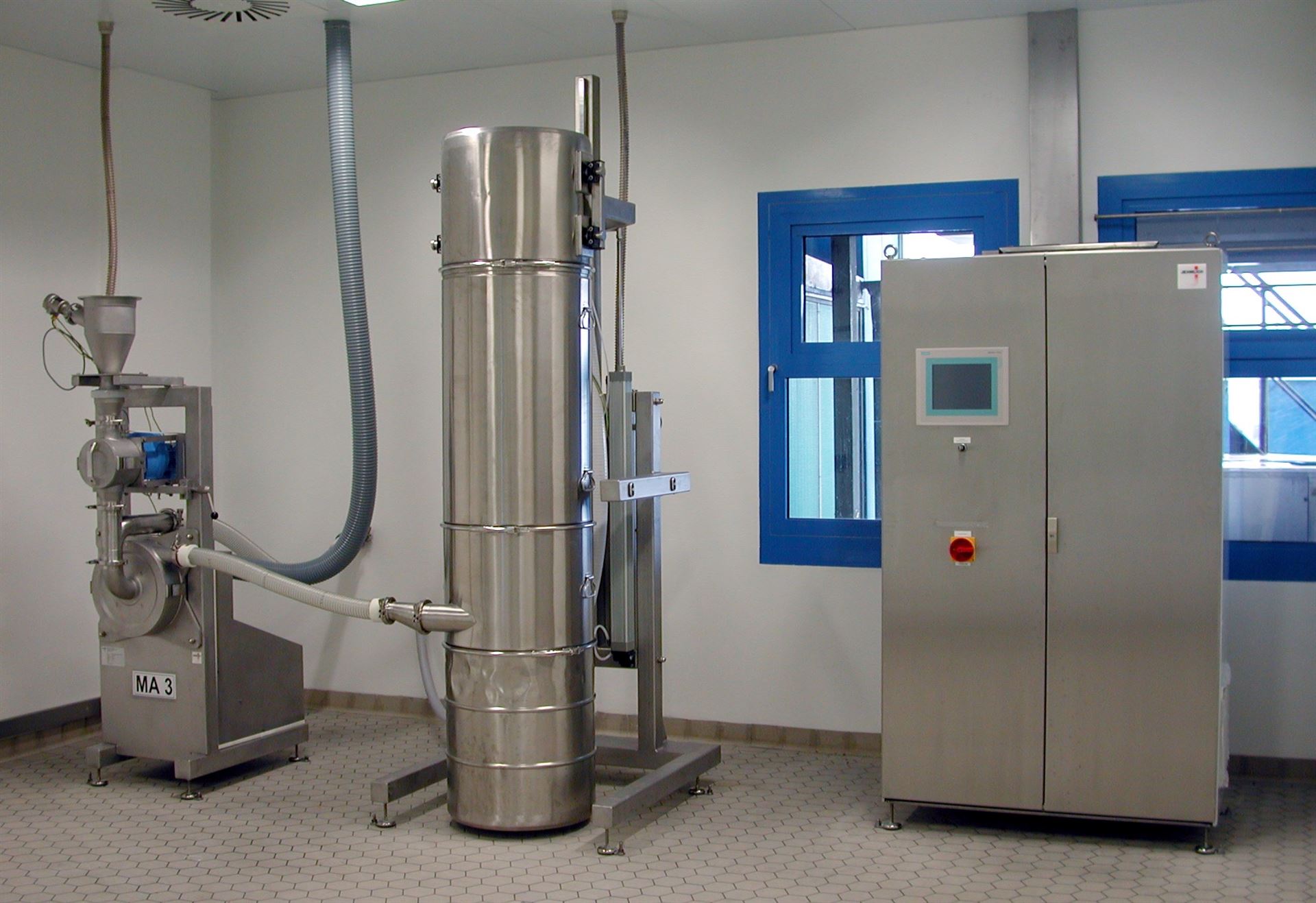
Introduction to GMP
Good Manufacturing Practice (GMP) represents a crucial aspect of the pharmaceutical industry, ensuring that products are consistently produced and controlled according to quality standards. This set of regulations and guidelines is particularly relevant in today’s globalised market, where maintaining high manufacturing standards is essential for patient safety and confidence.
The Importance of GMP
GMP regulations are enforced by major health authorities, including the UK’s Medicines and Healthcare products Regulatory Agency (MHRA) and the United States Food and Drug Administration (FDA). These practices encompass all aspects of production, from raw materials to the environment in which products are manufactured. The importance of GMP is not just limited to pharmaceuticals; it extends to food, cosmetics, and nutritional products, making it a critical framework for multiple industries.
Recent Developments in GMP
As of 2023, the landscape of GMP compliance is evolving. Increased collaboration between regulatory agencies and the industry has led to more comprehensive guidelines and training initiatives aimed at enhancing compliance. Recently, the FDA has issued updates to its guidance, emphasising the need for modernisation in manufacturing processes, especially in light of the COVID-19 pandemic which exposed vulnerabilities in global supply chains.
Moreover, advancements in technology, including artificial intelligence and automation, have begun to play a significant role in improving GMP compliance. These technologies facilitate better monitoring and control of manufacturing processes, thereby reducing human error and increasing efficiency.
Challenges Facing GMP Implementation
Despite its critical importance, the implementation of GMP can be fraught with challenges. Recently, small- to medium-sized enterprises (SMEs) have reported difficulties in meeting the stringent requirements due to limited resources and expertise. Additionally, a constantly shifting regulatory environment demands that companies remain vigilant and adaptable, often requiring substantial investment in training and facilities.
Conclusion and Future Outlook
In conclusion, Good Manufacturing Practice remains a cornerstone for product safety and quality assurance within the pharmaceutical industry and beyond. As the industry faces new challenges amid technological advancements and global supply chain issues, a concerted effort from both regulatory bodies and manufacturers is essential. The future of GMP will likely see a greater emphasis on digital solutions and continuous education, ensuring that standards evolve alongside innovations. For consumers and patients, this continues to signify a commitment to safety and efficacy in the products they rely on.
You may also like

Discovering Yehvann Diouf: A Future Football Star

The Rise of Alfie Lloyd: A Fresh Voice in Music
